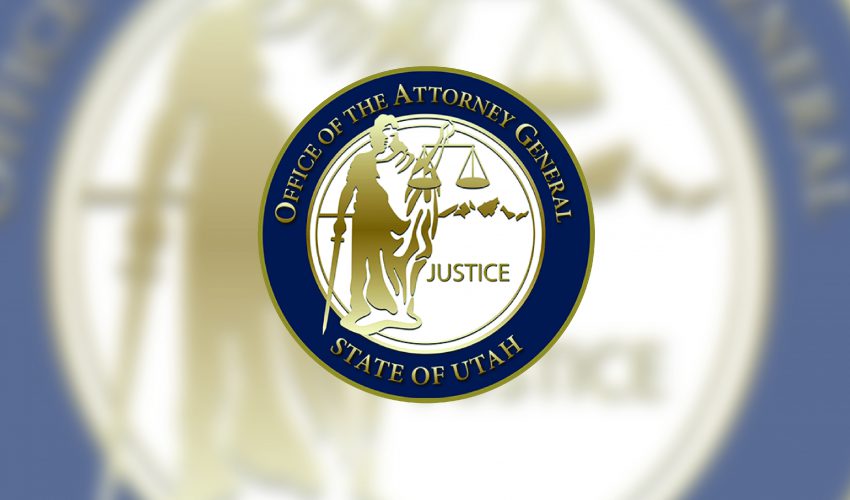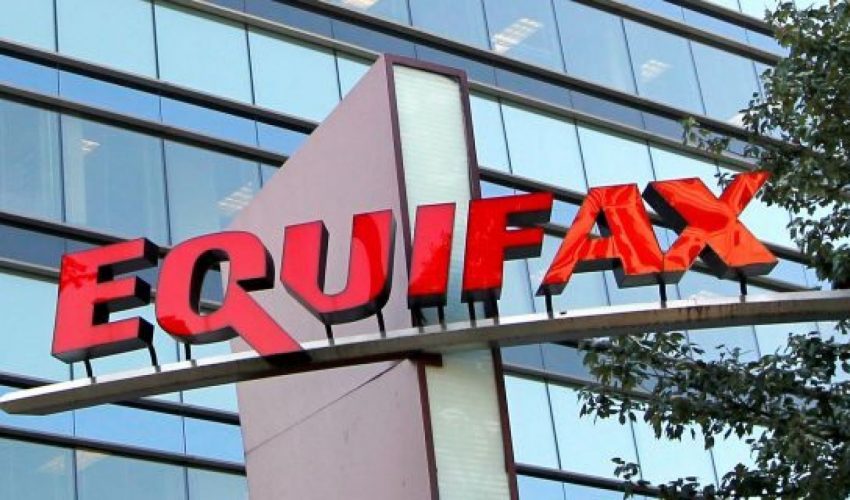The State of Utah Department of Commerce released the following after Utah and 48 Attorneys General signed a multi-state case with Career Corporation, a for-profit education company, who agreed to stop collecting student loans, bringing $493.7 million in debt relief to CEC students across the U.S.
FOR IMMEDIATE RELEASE
January 9, 2019
Career Education Corporation, a for-profit company, agrees to stop collecting student loans in agreement with Utah, 48 Attorneys General
SALT LAKE CITY, Utah – Francine A. Giani, Executive Director of the Department of Commerce, announced today that the Utah Division of Consumer Protection will receive settlement funds for students as the result of a 493.7M nationwide lawsuit against Career Education Corporation (CEC), a for-profit education company. In the court filing, CEC agreed to reform its recruiting and enrollment practices and forgo collecting about $493.7 million in debts owed by 179,529 students nationally, in a settlement with the Utah Division of Consumer Protection filed through the Utah Attorney General and 48 other attorneys general.
“This case is
a triumphant win for CEC students whose for-profit school failed to deliver on
empty promises. Often these institutions prey on a vulnerable population,
working parents and students who are looking find careers outside traditional
college degrees. Utah hopes this case sends a message to the industry that our
attorneys will actively pursue cases to defend student’s consumer rights,”
stated Francine A. Giani.
The Assurance
of Voluntary Compliance filed
January 3, 2019 caps a five-year investigation. CEC agrees to forgo any and all
efforts to collect amounts owed by former students living in the states
participating in the agreement. In Utah, 399
students will get relief totaling $980,547.39. Nationally, the average individual debt relief will be about
$2,750. CEC has also agreed to pay $5 million to the states. Utah’s share will be $50,000 which will go
to the Consumer Protection Education and Training
Fund.
CEC is based
in Schaumburg, Ill., and currently offers primarily online courses through
American InterContinental University and Colorado Technical University.
CEC has
closed or phased out many of its schools over the past 10 years. Its brands
have included Briarcliffe College, Brooks Institute, Brown College, Harrington
College of Design, International Academy of Design & Technology, Le Cordon
Bleu, Missouri College, and Sanford-Brown.
A group of
attorneys general launched an investigation into CEC in January 2014 after
receiving several complaints from students and a critical report on for-profit
education by the U.S. Senate’s Health, Education, Labor and Pensions Committee.
That investigation revealed evidence demonstrating that:
- CEC used emotionally charged language to
pressure them into enrolling in CEC’s
schools;
- CEC deceived students about the total costs of
enrollment by instructing its admissions representatives to inform prospective
students only about the cost per credit hour without disclosing the total
number of required credit hours;
- CEC misled students about the transferability of
credits into CEC from other institutions and out of CEC to other institutions
by promising on some occasions that credits would transfer;
- CEC misrepresented the potential for students to
obtain employment in the field by failing to adequately disclose the fact that
certain programs lacked the necessary programmatic accreditation; and,
- CEC deceived prospective students about the rate
that graduates of CEC programs got a job in their field of study, thereby giving prospective students
a distorted and inaccurate impression of CEC graduates’ employment outcomes.
For instance, CEC inaccurately claimed that its graduates were “placed” who
worked only temporarily or who were working
in unrelated jobs.
As a result
of the unfair and deceptive practices described above, students enrolled in CEC
who would not have otherwise enrolled, could not obtain professional licensure,
and were saddled with substantial debts that they could not repay nor
discharge. CEC denied the allegations of the attorneys general but agreed to
resolve the claims through this multistate settlement.
Robert
McKenna, former Washington state attorney general and current partner at the
San Francisco-based law firm of Orrick, Herrington & Sutcliffe, will
independently monitor the company’s settlement compliance for three years and
issue annual reports.
Highlights of the agreement
Under the agreement, CEC must:
- Make no misrepresentations concerning
accreditation, selectivity, graduation
rates, placement rates, transferability of credit, financial aid, veterans’
benefits, or licensure requirements.
- Not enroll students in programs that do not lead
to state licensure when required for employment, or that due to their lack of
accreditation, will not prepare graduates for jobs in their field. For certain
programs that will prepare graduates for some but not all jobs, CEC will be
required to disclose such to incoming students.
- Provide a single-page disclosure to each student that includes: a) anticipated total direct cost; b) median debt for completers; c) programmatic cohort default rate; d) program completion rate; e) notice concerning transferability of credits; f) median earnings for completers; and g) the job placement rated.
- Require students before enrolling to complete an
Electronic Financial Impact Platform Disclosure, which provides specific
information about debt burden and expected post-graduation income. CEC is
working with the states to develop this platform.
- Not engage in deceptive or abusive recruiting
practices and record online chats and telephone calls with prospective
students. CEC shall analyze these recordings to ensure compliance. CEC shall
not contact students who indicate that they no longer wish to be contacted.
- Require incoming undergraduate students with
fewer than 24 credits to complete an orientation program before their first
class that covers study skills, organization, literacy,
financial skills, and computer competency.
During the orientation period, students may withdraw at no cost.
- Establish a risk-free trial period. All
undergraduates who enter an online CEC program with fewer than 24 online
credits shall be permitted to withdraw within 21 days of the beginning of the
term without incurring any cost. All undergraduates who enter an on-ground CEC
program shall be permitted to withdraw within seven days of the first day of
class without incurring any cost.
Relief Eligibility
CEC has agreed to forgo collection of debts owed by students who either attended a CEC institution that closed before Jan. 1, 2019, or whose final day of attendance at AIU or CTU occurred on or before Dec. 31, 2013.
Former students with debt relief
eligibility questions can contact CEC here; Toll Free Number: 844-783-8629
Local Number: 847-783-8629
The email
is CECquestions@careered.com
The CEC
investigation was led by Iowa, Connecticut, Illinois, Kentucky, Maryland, Oregon, and Pennsylvania. The agreement also
covers the District of Columbia and the
following states: Alabama, Alaska, Arizona, Arkansas, Colorado, Delaware,
Florida, Georgia, Hawaii, Idaho, Indiana, Kansas, Louisiana, Maine,
Massachusetts, Michigan, Minnesota, Mississippi, Missouri, Montana, Nebraska,
Nevada, New Hampshire, New Jersey, New
Mexico, North Carolina, North Dakota, Ohio, Oklahoma, Rhode Island, South
Carolina, South Dakota, Tennessee, Texas, Utah, Vermont, Virginia, Washington,
West Virginia, Wisconsin and Wyoming.
Photo by Nathan Dumlao



